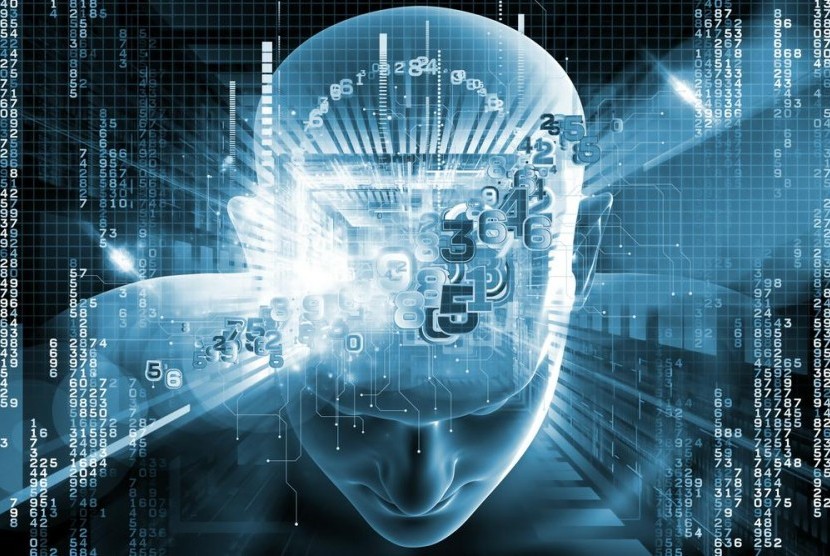Artificial Intelligence (AI) is becoming a new type of treatment for brain cancer.
REPUBLIKA.CO.ID, JAKARTA — Scientists have successfully used artificial intelligence (AI) to create a new drug regime for children with brain cancer. The breakthrough was revealed in the journal Cancer Discovery which states that AI can be used to find and develop new treatments for all types of cancer.
“The use of AI promises a transformative effect on drug discovery,” said Kristian Helin, chief executive of The Institute of Cancer Research (ICR) in London, England, where the scientists made the discovery. The Guardian, Friday (24/9).
He added, in this study, the use of AI has identified a drug combination that seems promising as a future treatment in some children with brain cancer. On average, the child cannot be cured.
“This could be one of the first examples of treatment with AI benefiting patients,” he said.
Computer scientists and cancer specialists at the ICR and the Royal Marsden NHS Foundation Trust used AI to figure out that combining the drug everolimus with another is called vandetanib can treat difusi intrinsic pontine glioma (DIPG), which is a rare and fast-growing type of brain tumor in children.
Currently, DIPG and other similar types of tumors are very difficult to surgically remove in children because they spread, which means they do not have clear boundaries that are suitable for surgery.
But after crunching the existing drug data, the team found everolimus could increase vandetanib’s capacity to sneak through the blood-brain barrier and treat cancer. The combination has been shown in mice and has now been tested in children.
Experts hope to test it on a much larger group of children in a major clinical trial. The study found that combining the two drugs extended survival by 14 percent compared to those receiving standard control treatment. Both drugs in the study were funded by Brain Research UK, DIPG Collaborative, Children with Camcer UK, and the Royal Marsden Cancer Charity, among others, have been approved to treat other types of cancer.
“DIPG is child brain cancer It’s rare and aggressive, and survival rates haven’t changed over the past 50 years so we urgently need to find new treatments for this disease,” said Chris Jones, professor of pediatric brain tumor biology at ICR.
He added, his study showed that AI in large quantities could lead to the discovery of drugs for cancer such as DIPG. Studies also propose new treatment combinations that are not yet clear.
“The AI system suggests using a combination of two existing drugs to treat some children with DIPG, one to target the ACVR1 mutation and the other to sneak through the blood around the brain. The treatment prolongs survival, and we have started testing it in a number of children,” he said. .
“We still need full-scale clinical trials to assess whether treatment can benefit children, but we have moved to a much faster stage than would be possible without the help of AI.”
Consultant pediatric and adolescent neuro-oncology at the Royal Marsden NHS Foundation Trust and team leader in pediatric and adolescent neuro-oncology and drug development at ICR, Fernando Carceller, added: “This breakthrough is encouraging and highlights the possibilities of harnessing artificial intelligence’ to find a cure for cancer. The initial idea for this research came from BenevolentAI, a company that has built an AI drug discovery platform.
– .


